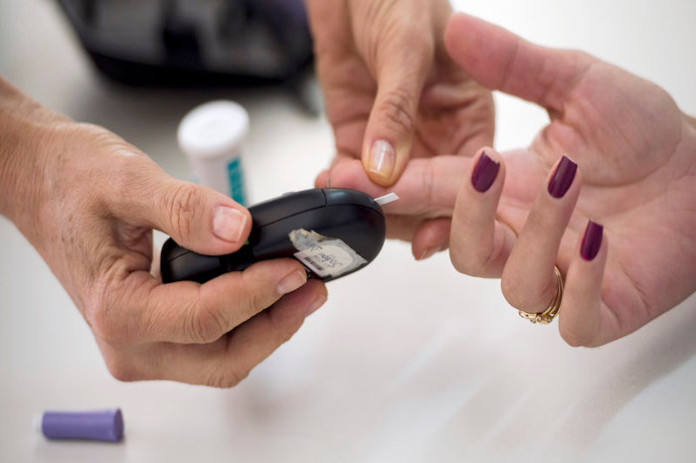Melatonin is a naturally occurring hormone that helps maintain our circadian rhythm. The amount of melatonin varies throughout the course of the day, and is affected by light. When it’s dark, the level of melatonin increases, peaking at night. It is often referred to as “the hormone of darkness”, and used as a sleeping drug or to prevent jet lag, among other things.
“A third of all people carry this specific gene variant. Our results show that the effect of melatonin is stronger in them. We believe that this explains their increased risk of developing type 2 diabetes”, says Hindrik Mulder.
The findings, which are published in the scientific journal Cell Metabolism, are the result of many years of work. Already in 2009, the researchers behind this new study were able to present an extensive gene mapping study that showed that the gene variant of the melatonin receptor 1B, which is common in the population, increases the risk of type 2 diabetes. The gene variant causes the level of the melatonin receptor on the insulin cell surface to increase, which makes the cells become more sensitive to melatonin and impairs their ability to secrete insulin.
The researchers have now moved on to study the processes in mice and human beta cells, as well as completed a study of how the effects of drugs are influenced by genetic factors – one of the first of its kind within type 2 diabetes, where participants have been recruited based on their genotype, that is, their genetic make-up.
The study included 23 healthy people and carriers of the gene variant in question and 22 non-carriers. All participants were roughly of the same age and with the same body mass index (BMI). There was also no difference in terms of their family history of diabetes.
They were given four milligrams of melatonin before bedtime over the course of three months.
Among other things, the study showed that:
- insulin secretion was significantly lower among those who carried the risk gene than those in the control group.
- the glucose (sugar) concentration in the blood was higher among all participants after being treated with melatonin for three months. However, it was especially evident in carriers of the risk gene who were unable to increase their insulin secretion.
It has been previously known that people who work overnight shifts suffer from metabolic diseases such as type 2 diabetes to a greater extent.
“It is perhaps therefore less suitable for carriers of the risk gene to work overnight shifts, as the level of melatonin will probably increase at the same time as the effects of the increase are enhanced. There is still no scientific support for this theory, but it ought to be studied in the future, on the basis of our new findings”, argues Hindrik Mulder.
Source: Lund University




















































